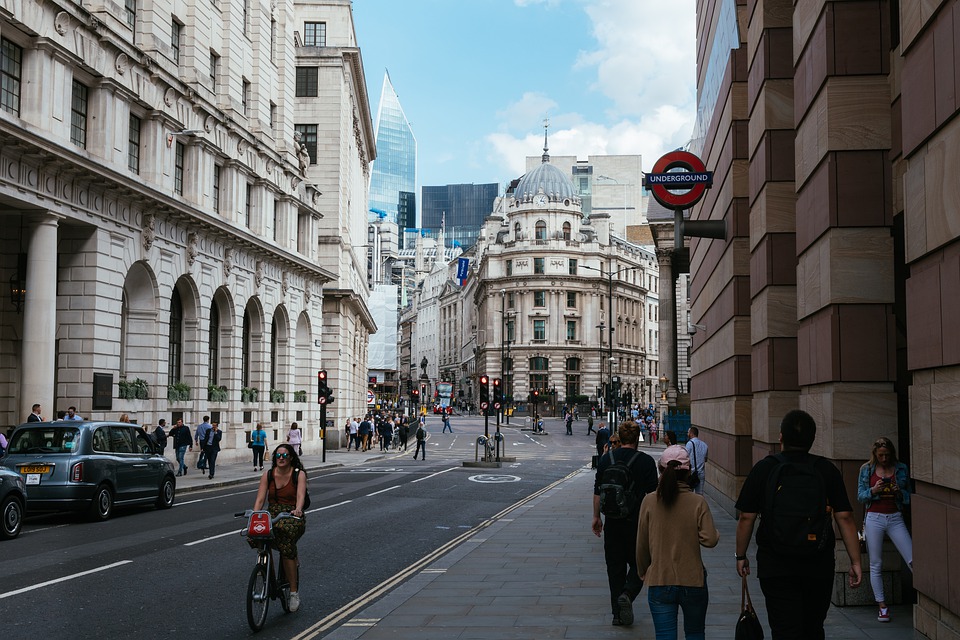The UK economy grew at its slowest rate since 2012 in November, meaning an interest rate cut from the Bank of England (BoE) could be on the cards soon.
UK GDP grew at 0.6% in the 12 months to November, the Office for National Statistics said today (13 January), down from 1% in October, representing the slowest annual growth rate for more than seven years.
The figures come after Monetary Policy Committee member Gertjan Vlieghe told the Financial Times he would “need to see an imminent and significant improvement in the UK data to justify waiting a little longer” to cut rates.
Sterling continued its decline on the news, with a 0.6% decline on Monday (13 January) seeing the currency drop below $1.30 once more. That buoyed the stockmarket, though, with the blue-chip FTSE 100 index rising 0.5% and FTSE 250 advancing 1%.
The economy declined by 0.3% in November alone, well below consensus expectations of zero month-on-month growth.
This was likely due to businesses bringing activity forward to before the 31 October Brexit deadline, said Andrew Wishart, UK economist at Capital Economics.
Upwards revisions of 0.2% and 0.1% to September and October’s figures respectively left growth in the three months to November at 0.1%, meanwhile.
However, November’s sharp decline “nonetheless leaves the economy on course to contract by 0.1% in Q4 as a whole”, Wishart said.
Rob Kent-Smith, head of GDP at the ONS, said growth in construction was offset by “weakening services and another lacklustre performance from manufacturing”.
“Long term, the economy continues to slow, with growth in the economy compared with the same time last year at its lowest since the spring of 2012,” he added.
Interest rate cut more likely
The figures fuelled speculation an interest rate cut could be closer than previously thought, particularly allied with Vlieghe’s comment.
Last week, both BoE Governor Mark Carney and fellow MPC member Silvana Tenreyro spoke positively about the possibility of a rate cut sooner rather than later.
Michael Saunders, one of two who voted for a cut at the last meeting, is set to speak on Wednesday.
Matthew Cady, investment strategist at Brooks Macdonald, said markets are currently pricing in close to a 50/50 chance of a 25 basis point cut to the UK’s current 0.75% Bank Rate.
“The weaker GDP print today puts beyond doubt that the next Bank of England meeting at the end of January is going to be a ‘live’ meeting,” said Cady.
With the BoE having already cut both growth and inflation forecasts and the next Brexit deadline of 31 January looming, Cady said “UK investors will need this monetary and fiscal support to fall back on, and any disappointment here could be difficult for markets to swallow”.
However, Wishart said a weak UK economy is “old news”, meaning today’s GDP figures “won’t seal an interest rate cut”, despite noting “it will be a close call”.
“In normal times, the MPC would already have cut rates. But it held off to see if the general election produced a revival in sentiment,” Wishart said.
“What really matters is what happens in the data for January. At the moment, we think the MPC may hold off from cutting rates.”
By David Brenchley
Source: Professional Adviser

